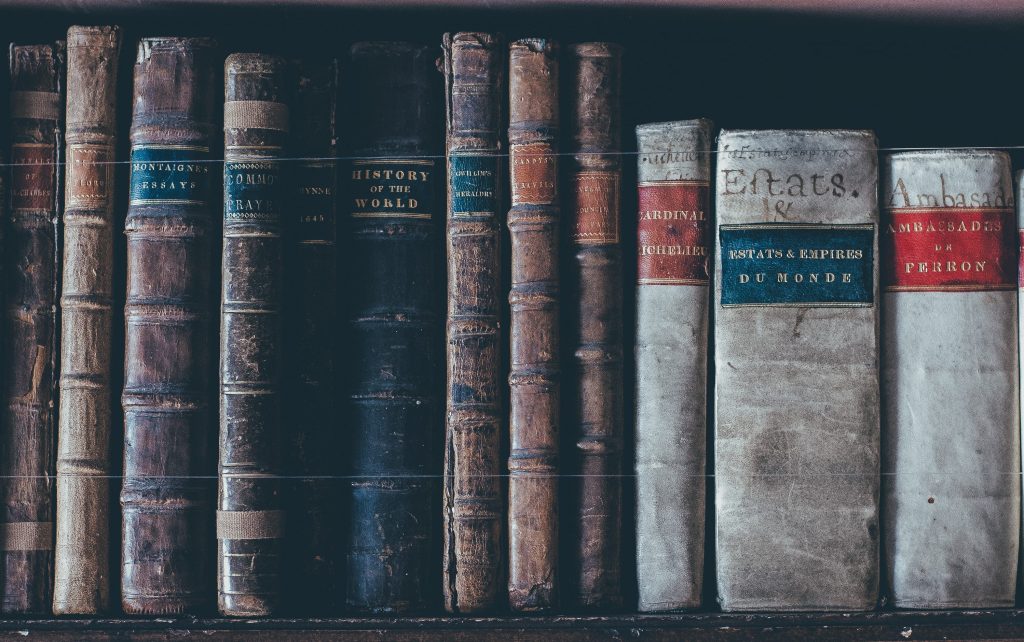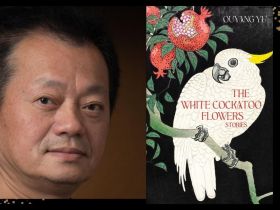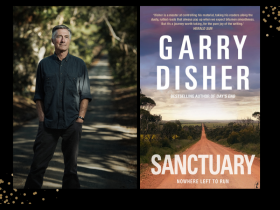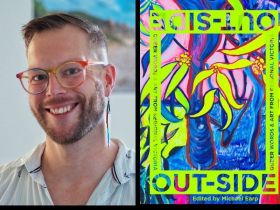Editors can spend a lot of time mucking around at the sentence level – changing apostrophes and fiddling with punctuation. But we’re also the foot soldiers in what’s been called the Language Wars. It’s an editor’s job to ensure narratives, including our narratives of history, reflect community standards. In the words of the Australian standards of editing practice, editors need to know, ‘When it is appropriate to remove, amend or flag potentially biased, non-inclusive or offensive material.’
Lately, this has meant paying a lot more attention to representations of colonial history. There’s currently a huge push in publishing to take a critical lens to colonialism. A typical process is for editors to flag potential issues for an expert with lived experience to check. It’s similar to potential legal issues such as defamation – we flag the issues for a lawyer to check.
Collaboration with knowledge-holders
One of the ways this is showing up is in the increasing number of publishing projects being made in collaboration with First Nations knowledge-holders. Projects that work extensively with Indigenous Cultural and Intellectual Property (ICIP) need to be built on partnerships right from the start, but any published text that references First Nations material should be checked by a First Nations consultant to apply the latest standards in respectful engagement. What sorts of things are they picking up? Plenty of things that I may have waved through in the past, and will be extra alert to in future.
For example, the use of language words and translations. As Dr Terri Janke points out in her excellent book on ethical engagement with ICIP, True Tracks (2021), First Nations language research and revival represents an enormous amount of work by communities who may want to protect their work from use and interpretation without permission. Meanwhile, some words may be OK to use – only a knowledge-holder can advise on this. I’ve also seen First Nations consultants change the order of events in narratives of history, to place them in chronological order – in other words, First Nations first – or update place names that have been changed due to the ongoing project of place name repatriation.
Read: Indigenous art centres at the precipice of outdated approaches to funding
This underscores the point that only people with lived experience can identify issues. It’s impossible for outsiders to appreciate the many nuances of inappropriate representation or keep up with developments in this fast-moving area, although with each engagement we can hope to become a little more attuned.
Colonial exceptionalism
As a travel writer and editor, I have also been briefed to look out for colonial exceptionalism in narratives about places all over the world. The aim is to direct readers’ attention to local culture, not just grand colonial houses or outposts of expat indulgence. As one brief put it, ‘spread the admiration around’.
Colonial exceptionalism frequently turns up in our representation of history. Tourist information signs across Australia describe the first European to climb a mountain, or the first white man to cross a river. And throughout the history books, colonial authorities have pulled off the neat trick of making a defeat look like an act of benevolent condescension.
I recently came across text about a former British colony that read something like this:
The rebel slaves engaged in guerrilla attacks against British authorities until they were offered a truce in 1752. After signing, they were granted their freedom and allocated a parcel of land.
Reading between the lines, these ‘rebel slaves’ must have defeated the British authorities, forced them into a truce, and exacted their freedom and their land.
However, I’m not sure I would have read between these lines a decade ago, because the colonial take on history is so pervasive it often slips by unnoticed – words are twisted into strange shapes to avoid causing the colonial authorities to lose face. It takes an insider to identify the many ways that text can be a little bit ‘off’.
As Jinghua Qian, who works as a sensitivity reader across various perspectives, including as a queer migrant of colour and as an Australian reader for overseas texts, wrote in ArtsHub, ‘I might explain that putting a space in “Chinese Australian” and “trans man” helps affirm those identities as part, not whole, of someone’s character, compared to “Chinese-Australian” and “transman”. I might notice that the portrayal of a cultural activity is off: Australians talk about going “to the footy” but not “to the ball game”.’
A critical lens
While we need experts to advise on text, a critical lens is a key tool for editors. These days, almost every ‘fireman’ has been changed to ‘firefighter’ and every ‘man-made’ has been changed to ‘artificial’ by vigilant editors, but when it comes to decolonising the written word, our work is only just beginning.
For example, we are yet to closely examine the way we talk about Australia’s involvement in post-WWII military operations in Malaysia, Korea, Indonesia, Vietnam, Iraq and Afghanistan. In many military operations, we’ve been involved in the invasion of sovereign countries, or in defending colonial power structures. And we must consider how we represent the 70 years during which Australia exercised colonial power over Papua New Guinea.
Nothing about us without us
One of the most important parts of the decolonisation push is to platform and publish the work of people with lived experience, rather than authors writing about people with lived experience from the outside. Spearheaded by movements like #OwnVoices and #WeNeedDiverseBooks, the aim is to ensure people and communities have control over their own representation. A great example is ArtsHub‘s Amplify Collective.
Many of our agenda-setting organisations are also mandating collaboration with people from represented communities. This is often summed up by the rule of thumb, “nothing about us without us”.
This phrase has made its way into the ABC’s ‘Commissioning for Diversity and Inclusion Guidelines‘, released in 2021, which requires productions about a specific diverse community or subject to include at least one person who is representative of that diversity within the core creative team. And the 2020 edition of the ‘Australian Government Style Manual‘ includes a new section on Inclusive Language, which notably advises ‘consultation is a must’, regarding narratives about First Nations people.
Ideally collaborations with knowledge-holders should begin at the start of a project rather than coming as a read-through at the end, so that any structural and intrinsic issues can be identified. Knowledge-holders also need to share in any benefits that flow from their knowledge, including financial benefits and credit for the work.
Decolonising the written word means reassessing well-worn stories that have slipped past our attention. Although this can seem like fiddling around with sentences, it can have a powerful influence on how we view the world. If history is written by the victors, rewriting history is a great way to fight the war.
This article is published under the Amplify Collective, an initiative supported by The Walkley Foundation and made possible through funding from the Meta Australian News Fund.





